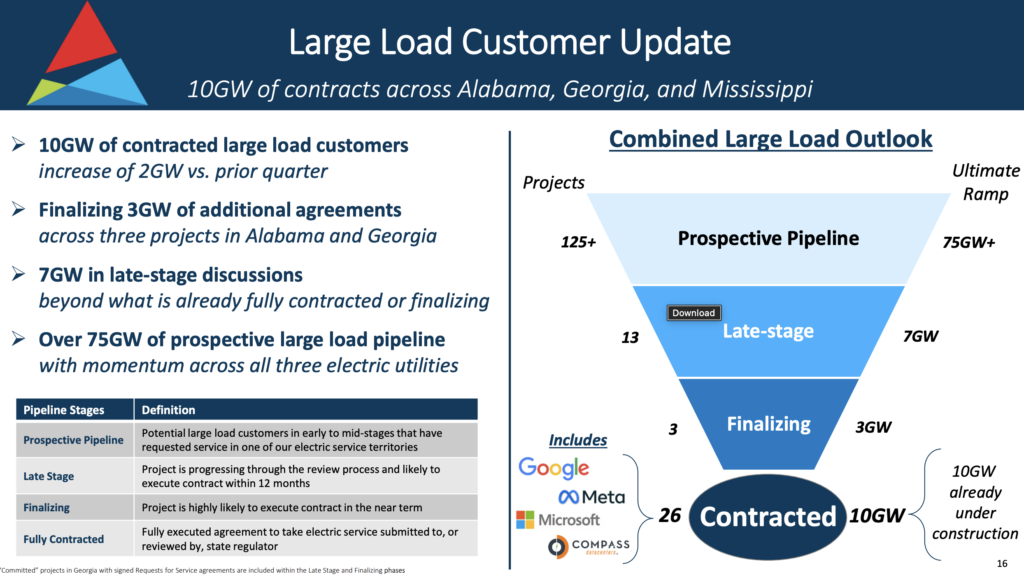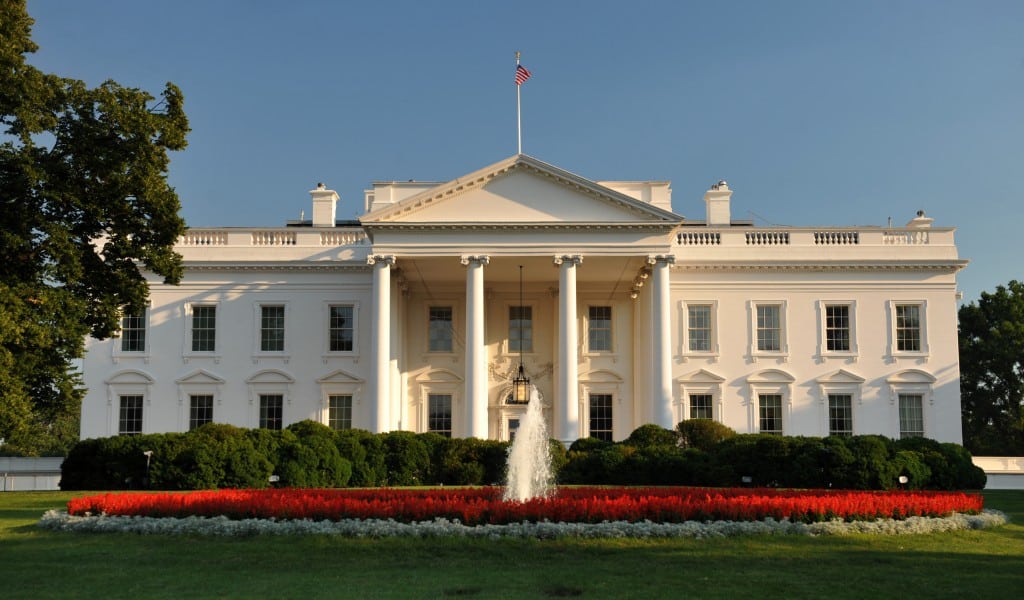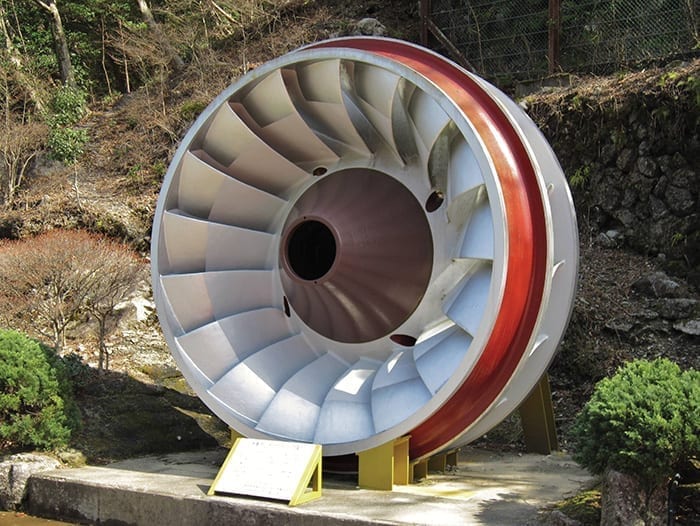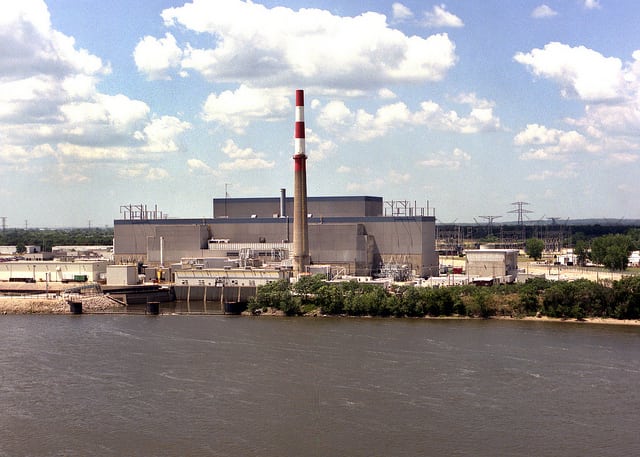PJM Interconnection’s independent market monitor is joining the pushback—spearheaded by a trade group and several generators that operate in competitive wholesale markets—against an Illinois law that props up financially distressed nuclear plants with subsidies.
Monitoring Analytics on March 16 filed a motion with the U.S. District Court for the Northern District of Illinois to intervene as a plaintiff in a lawsuit filed by a group of power companies challenging a recently enacted law, which creates subsidies for Exelon Corp.’s uneconomic nuclear power plants.
Fairness of Zero Emissions Credit Questioned
Plaintiffs in that lawsuit, which was filed on February 14, are the Electric Power Supply Association (EPSA), Dynegy, Eastern Generation, NRG Energy, and Calpine Corp. The plaintiffs dispute the legality of certain amendments—specifically, the Zero Emissions Credit (ZEC) Subsidies Program—contained in the so-called Future Energy Jobs Act.
Signed into law on December 7 by Illinois Gov. Bruce Rauner (R) after two years of protracted and contentious negotiations, that measure will take effect on June 1 of this year. It is designed to help Exelon keep its financially struggling Clinton and Quad Cities plants open. The plaintiffs argue, however, that the law is inconsistent with the federal regulatory approach that relies on competition to ensure just and reasonable rates.
PJM serves about half of Illinois. Midcontinent Independent System Operator serves downstate Illinois. Monitoring Analytics, an independent company created in 2008 by spinning off PJM’s market monitoring unit, works to promote a “robust, competitive and nondiscriminatory electric power market” in PJM under a long-term contract. While it has no financial interest in the outcome of the legal proceeding, the company said in its filing last week that its “interest is to promote and protect the competitive wholesale electric power markets and to avoid the burden that would be imposed on its resources in efforts to avert failure of the market if Defendants prevail.”
According to the company, the ZEC subsidies program is “incompatible with the PJM market design, threatens the foundations of the PJM market and interferes with the federal regulatory scheme.” PJM operates a centrally dispatched, competitive wholesale electric power market that has an installed generating capacity of about 182 GW and 986 members in a region covering more than 65 million people, the filing notes.
But competition, it points out, requires the trust of market participants and suppliers, who make decisions based on market fundamentals. “Suppliers must believe that the market fundamentals will determine the success or failure of their investment or they will not invest, the market will not sustain adequate supply, and the federal regulatory approach will fail,” it says.
The filing also claims that the subsidies program is designed to benefit specific generating units. That’s why it won’t accomplish broader social goals, the company argued. “Broader social goals can be met with market based mechanisms available to all market participants on a competitive basis and without discrimination.”
Other Nuclear Power Support Efforts Scrutinized
A similar suit was filed by Dynegy and NRG Energy in October 2016 in federal court to block New York’s Clean Energy Standard, an incentive program approved by the New York Public Service Commission in August 2016 that would use ZECs to help three of that state’s nuclear power plants—R.E. Ginna in Ontario, Nine Mile Point in Oswego, and FitzPatrick in Scriba—remain economic over the next decade.
A common point of contention between the two legal challenges is that the ZECs are awarded to specific generators. “The subsidies distort the energy and capacity markets, harming the interests of other generators, which should be able to count on a level playing field,” NRG Energy spokesman David Gaier told POWER on March 22. “They also invade the province of [the Federal Energy Regulatory Commission], which is the sole regulator charged with overseeing interstate power markets. And the massive financial handouts given to a single company crowd out investment in true renewables, which is supposed to be the goal here.”
Similar measures are under consideration in Ohio, Connecticut, and New Jersey (see “SLIDESHOW: Nuclear “Bailout” Trend Gains Traction in More States”).
In Pennsylvania, lawmakers last week formed the General Assembly’s first bipartisan and bicameral caucus, which will promote nuclear power’s economic benefits.
—Sonal Patel, associate editor (@POWERmagazine, @sonalcpatel)



















